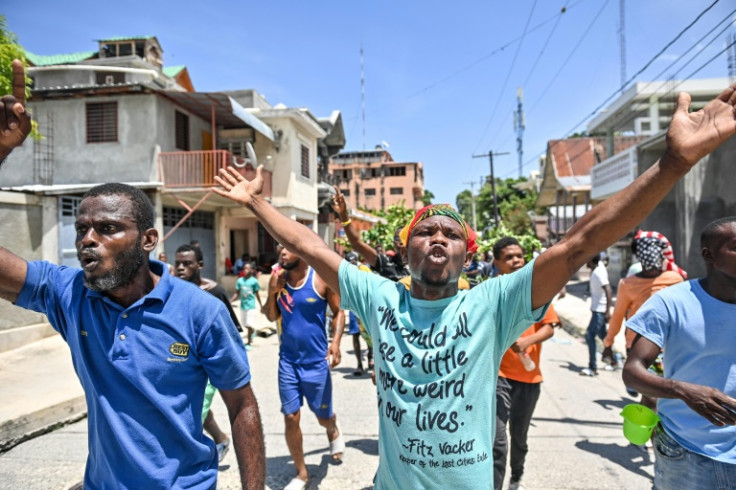
The Inter-American Commission on Human Rights (IACHR) court condemned surging gang violence in Haiti that led to the killing of journalists.
IACHR, an international court based in Costa Rica, said Tuesday that there are many journalists who left their homes after violence escalated in Haiti's capital, Port-au-Prince. The court shared that at least seven journalists were kidnapped and attacked their houses and offices.
"It is the duty of the State to prevent and investigate these events, punish their perpetrators, and ensure adequate reparation to the victims," IACHT said in a statement cited by Reuters.
IACHR's statement came one day after the United Nations (UN) Security Council approved a Kenyan-led mission aiming to bring stability to Haiti. Kenya vowed to send 1,000 security officers to Haiti as the Latin American country continues to grapple with gang violence.
The deployment will take place after nine months and will last a year. These 1,000 security officers will support Haiti's national police force, as it does not have enough resources or funding to ensure the safety of the Latin American country's 11 million citizens.
Ahead of the UN Security Council's announcement, U.S. President Joe Biden urged last month to authorize the deployment of a multilateral force to Haiti, where more than 2,400 people have so far been killed due to gang violence.
The leader of the G9 Family and Allies gang alliance, Jimmy "Barbecue" Cherizier, had issued a warning in August that if any foreign force arrived in Haiti, the former would "fight against them until our last breath."
Haiti's Prime Minister Ariel Henry asked for international bodies to come forward and help the country amid surging gang violence as it is disrupting millions of Haitians on a daily basis.
Aside from dealing with internal conflict, Haiti is also facing conflict with its neighboring country, the Dominican Republic.
The Dominican Republic closed its border with Haiti last month after the latter's plan to build a canal on the Massacre River -- shared between both countries -- which violates several border treaties.
Dominican Republic President Luis Abinader said the land, air, and sea borders will remain closed with Haiti until the canal project is stopped. Despite closing the borders, the Haitian government confirmed that it would construct the canal on the Massacre River.
© 2025 Latin Times. All rights reserved. Do not reproduce without permission.







